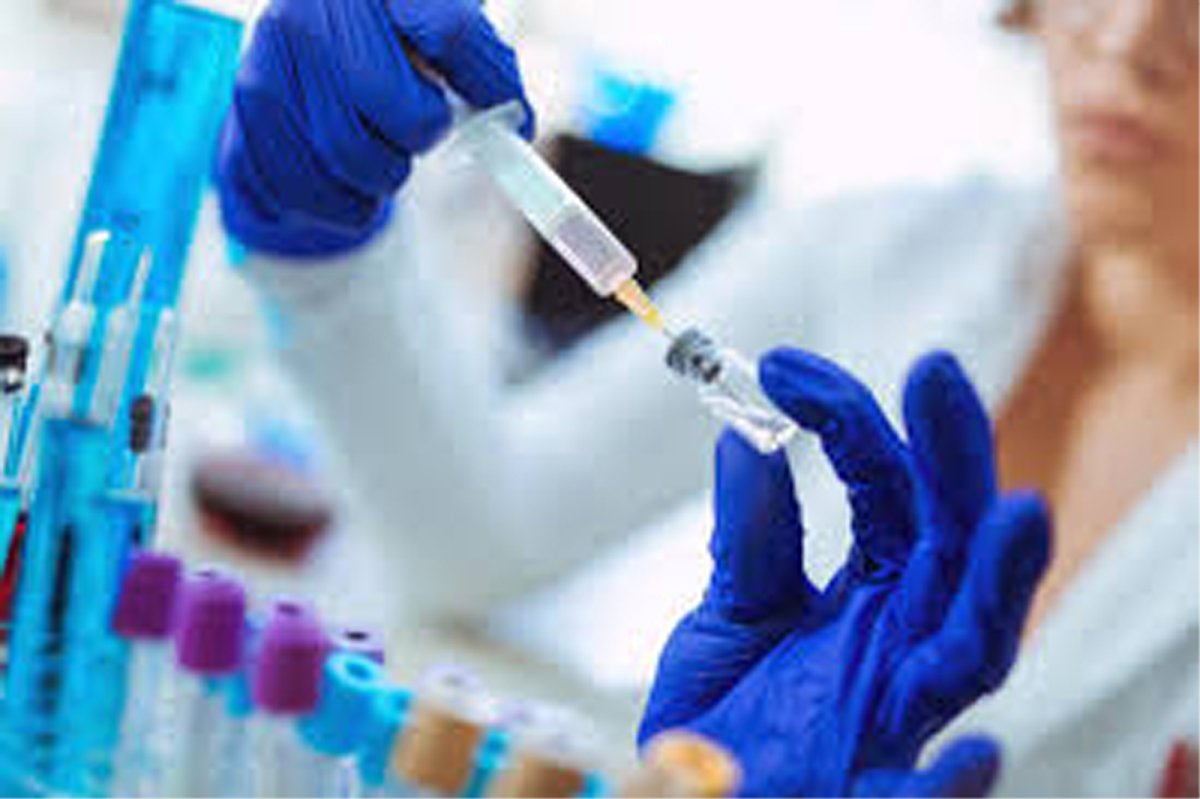GC Cell Initiates Phase 1 Trials for AB-201 Cancer Treatment with Lunit AI Platform
09 January 2024 | Tuesday | News

Image Source : Public Domain
GC Cell, a fully integrated cell therapy pioneer, is proud to announce the approval from both the Australian Human Research Ethics Committee (HREC) and the Korean Ministry of Food and Drug Safety (MFDS) for a Phase 1 Investigational New Drug (IND) trial for its AB-201 cancer treatment, a HER2 targeted chimeric antigen receptor-natural killer (CAR-NK) cell therapy that shows great promise. Additionally, GC Cell is excited to reveal a strategic partnership with Lunit, the medical AI leader, to enhance precision and clinical intelligence of AB-201's efficacy evaluation by applying its advanced AI technology, in addition to traditional Immunohistochemistry (IHC) based assessments. After participating in the US White House's Cancer Moonshot initiative this past October, both accomplishments represent major milestones in GC Cell's efforts to revolutionize immunotherapy-based cancer treatment while harnessing AI and digital transformation to fight cancer.
"Our preclinical studies suggest the possibility that AB-201 causes complete cancer remission and tumor suppression," remarked James Park, CEO of GC Cell. "We are thrilled to move forward to Phase 1 trials — the first Korean company to do so for CAR-NK cell therapy — and we are grateful to Lunit for joining hands with us in our digital transformation and the fight against cancer — now armed with the power of AI. This initiative is part of GC Cell's broader strategy to integrate digital & AI technology into all aspects of healthcare, from research and development to patient care. I believe it will prepare our company for the upcoming era of digital healthcare."
Promising treatment to begin clinical trials
AB-201, a novel CAR-NK cell therapy targeting solid tumors, represents a breakthrough in cancer immunotherapy, capable of killing malignant cells. While existing NK cell treatments typically dissipate within a few weeks, AB-201 has demonstrated persistence for over three months in preclinical studies, highlighting its potential in managing long-term, advanced cancers. A multi-country study, the Phase 1 trial will evaluate safety and efficacy in 48 patients with HER2-overexpressing breast, gastric, and gastroesophageal junction cancers. GC Cell holds exclusive rights to AB-201 in the Asia Pacific region, while ex-Asia-Pacific rights were licensed to Artiva Biotherapeutics, Inc. in an exclusive partnership.
Lunit partnership for AI-powered pharma development
A recent McKinsey report found that AI has the potential to increase the value of the pharmaceutical R&D industry by six to eleven billion US dollars. Employing the technology, GC Cell anticipates that AI-driven imaging can analyze vast amounts of data with a high degree of precision and consistency while reducing variability by individual interpretation. This leads to a more accurate assessment of HER2 expression levels, which is vital for appropriate treatment decisions. With such quantitative analysis, AI can help standardize the assessment of cancer target expression across different laboratories and geographical locations. This standardization is essential for multicenter clinical trials and for ensuring that patients receive consistent care regardless of where they are treated. It's a pivotal step in GC Cell's journey towards a digital future, aligning with the broader healthcare industry's shift towards technology-enhanced solutions.
Most Read
- How Does GLP-1 Work?
- Innovations In Magnetic Resonance Imaging Introduced By United Imaging
- Management of Relapsed/Refractory Multiple Myeloma
- 2025 Drug Approvals, Decoded: What Every Biopharma Leader Needs to Know
- BioPharma Manufacturing Resilience: Lessons From Capacity Expansion and Supply Chain Resets from 2025
- APAC Biopharma Review 2025: Innovation, Investment, and Influence on the Global Stage
- Top 25 Biotech Innovations Redefining Health And Planet In 2025
- The New AI Gold Rush: Western Pharma’s Billion-Dollar Bet on Chinese Biotech
- Single-Use Systems Are Rewiring Biopharma Manufacturing
- The State of Biotech and Life Science Jobs in Asia Pacific – 2025
- Asia-Pacific Leads the Charge: Latest Global BioSupplier Technologies of 2025
- Invisible Threats, Visible Risks: How the Nitrosamine Crisis Reshaped Asia’s Pharmaceutical Quality Landscape
Bio Jobs
- Sanofi Turns The Page As Belén Garijo Steps In And Paul Hudson Steps Out
- Global Survey Reveals Nearly 40% of Employees Facing Fertility Challenges Consider Leaving Their Jobs
- BioMed X and AbbVie Begin Global Search for Bold Neuroscience Talent To Decode the Biology of Anhedonia
- Thermo Fisher Expands Bengaluru R&D Centre to Advance Antibody Innovation and Strengthen India’s Life Sciences Ecosystem
- Accord Plasma (Intas Group) Acquires Prothya Biosolutions to Expand Global Plasma Capabilities
- ACG Announces $200 Million Investment to Establish First U.S. Capsule Manufacturing Facility in Atlanta
- AstraZeneca Invests $4.5 Billion to Build Advanced Manufacturing Facility in Virginia, Expanding U.S. Medicine Production
News











